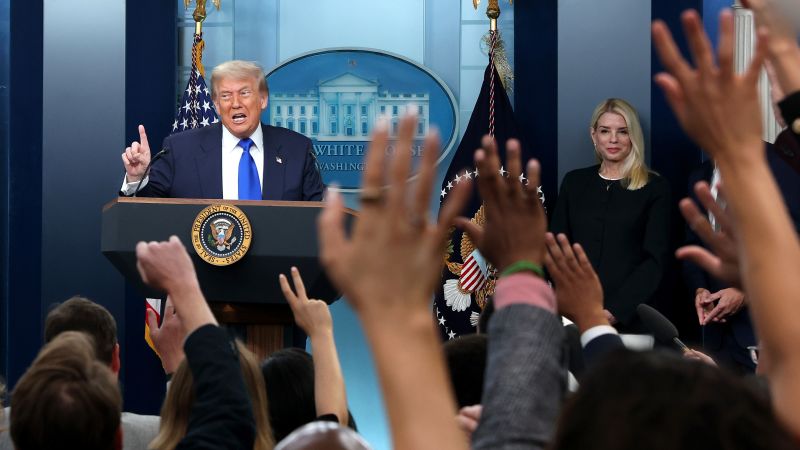T4K3.news
Trump orders release of Epstein grand jury testimony
President Trump directed the DOJ to seek unsealing grand jury transcripts related to Epstein's case.
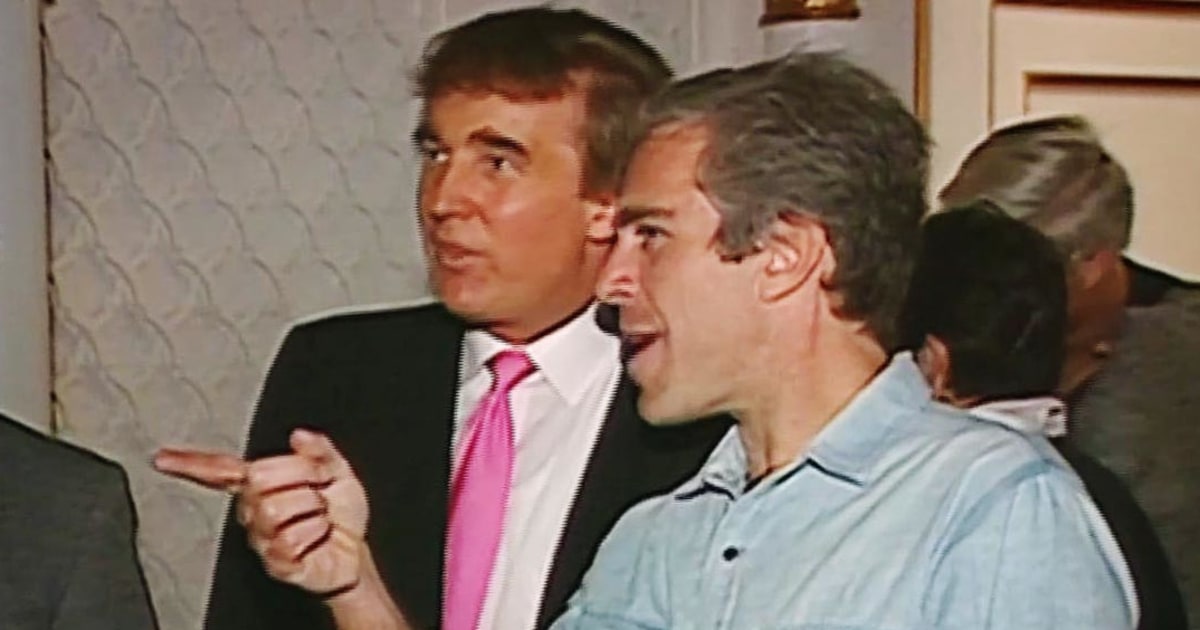
President Trump's recent order for the Justice Department to seek grand jury transcripts in the Epstein case has sparked controversy.
Trump's directive on Epstein grand jury testimony raises legal questions
President Donald Trump has instructed Attorney General Pam Bondi to obtain all pertinent grand jury testimony in the Jeffrey Epstein case. This directive came shortly after Trump faced intense scrutiny related to Epstein, following a report linking him to Epstein through a 2003 letter. The request was filed in federal court, seeking to unseal grand jury materials that include testimonies concerning Epstein's criminal activities. Legal experts have noted that such a move might conflict with laws protecting grand jury secrecy. The Justice Department argues that public interest necessitates the release of this information, yet it is unclear whether a judge will permit it due to the sensitive nature of grand jury proceedings.
Key Takeaways
"This SCAM, perpetuated by the Democrats, should end, right now!"
Trump's reaction to the scrutiny he faces regarding Epstein indicates a defensive approach to legal challenges.
"It is fundamentally unfair to dump subject names in the public domain because those individuals may have done nothing wrong."
Chuck Rosenberg warns against the risks of releasing sensitive information without due process.
The push to release grand jury testimony highlights ongoing tensions surrounding Jeffrey Epstein's case and the larger context of accountability in cases of sexual abuse. By requesting this information, Trump attempts to address public pressure but risks creating more controversy and legal challenges. The desire for transparency must be balanced with legal obligations to protect the integrity of the judicial process. This situation illustrates the complexities at the intersection of politics, public interest, and the legal system, raising important questions about the future of grand jury secrecy and accountability.
Highlights
- Transparency must go hand in hand with legal responsibility.
- Is this push for grand jury testimony a mere distraction from real evidence?
- Releasing grand jury info could set a dangerous precedent.
- Public interest should not override legal process integrity.
Legal and ethical risks of releasing grand jury materials
Releasing grand jury testimony may violate established legal protections for privacy and could lead to wrongful accusations against individuals not charged with crimes.
As this case evolves, the implications of transparency versus confidentiality will come into sharper focus.
Enjoyed this? Let your friends know!
Related News
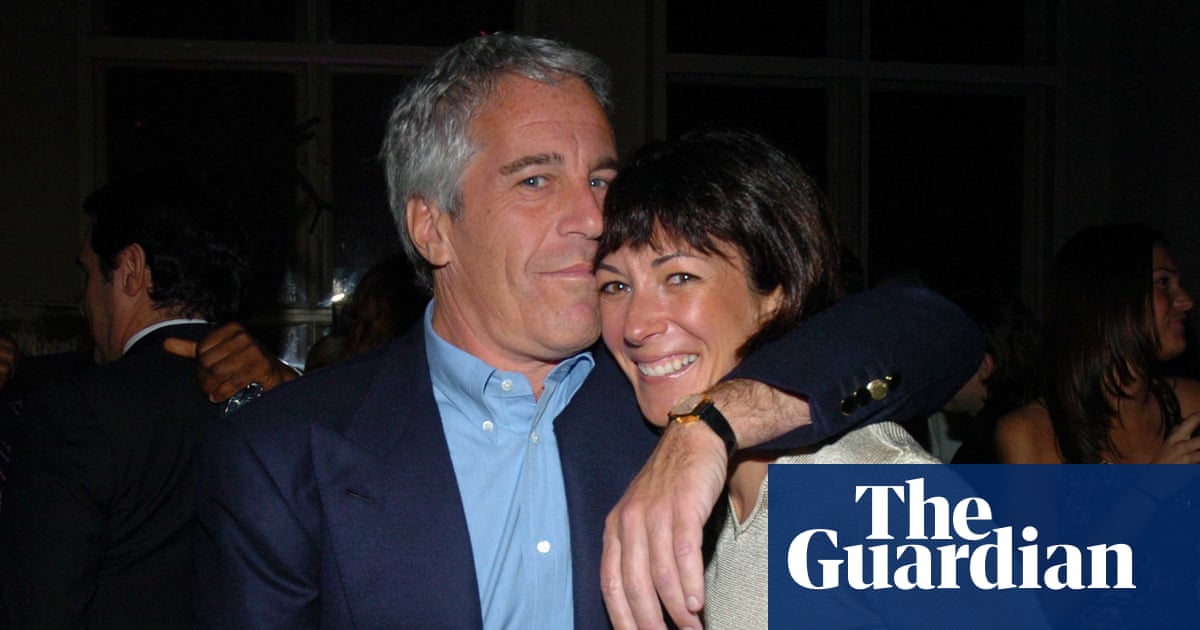
Trump aims to release Epstein grand jury materials
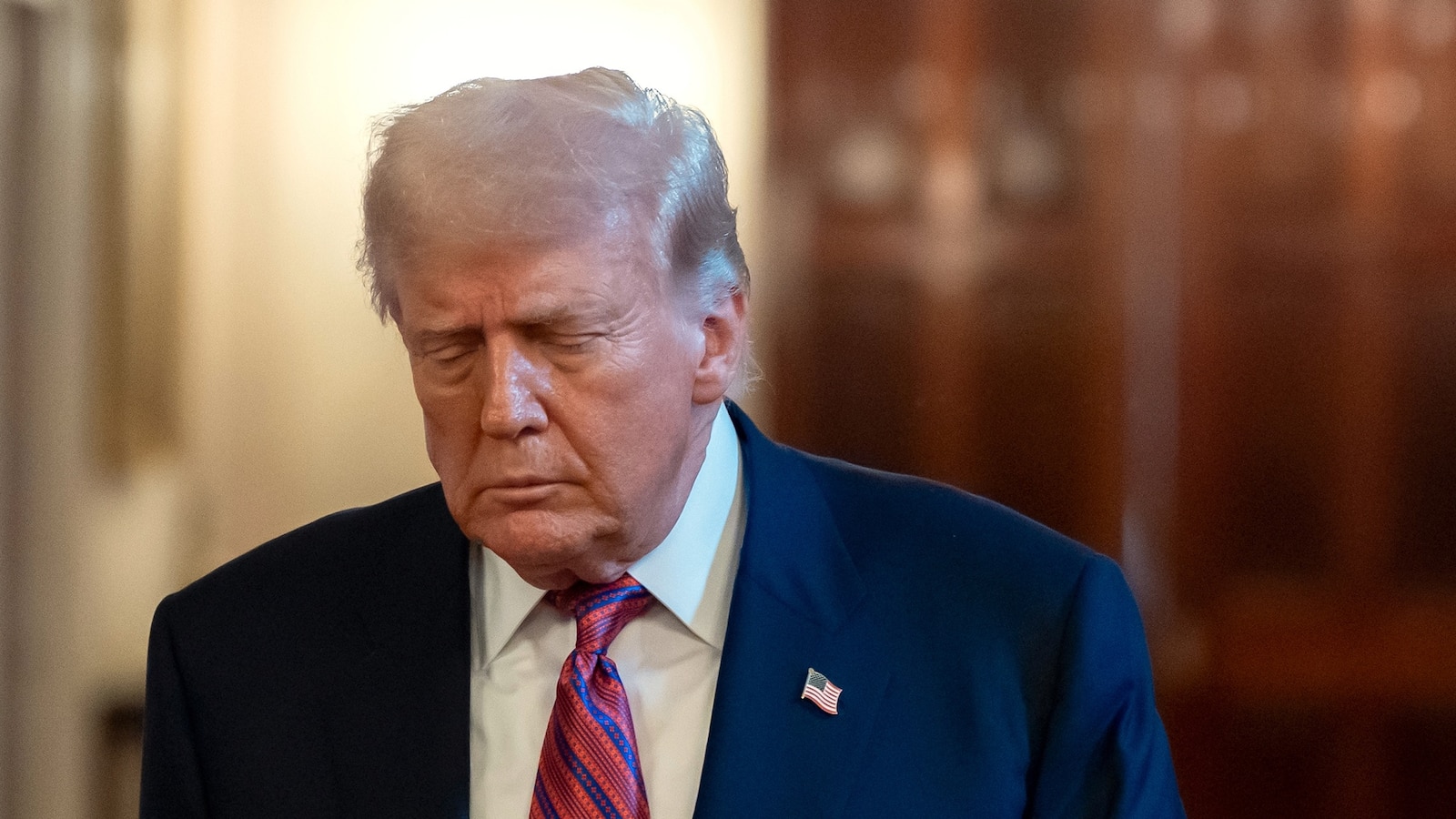
Trump labels Epstein investigation critics as troublemakers
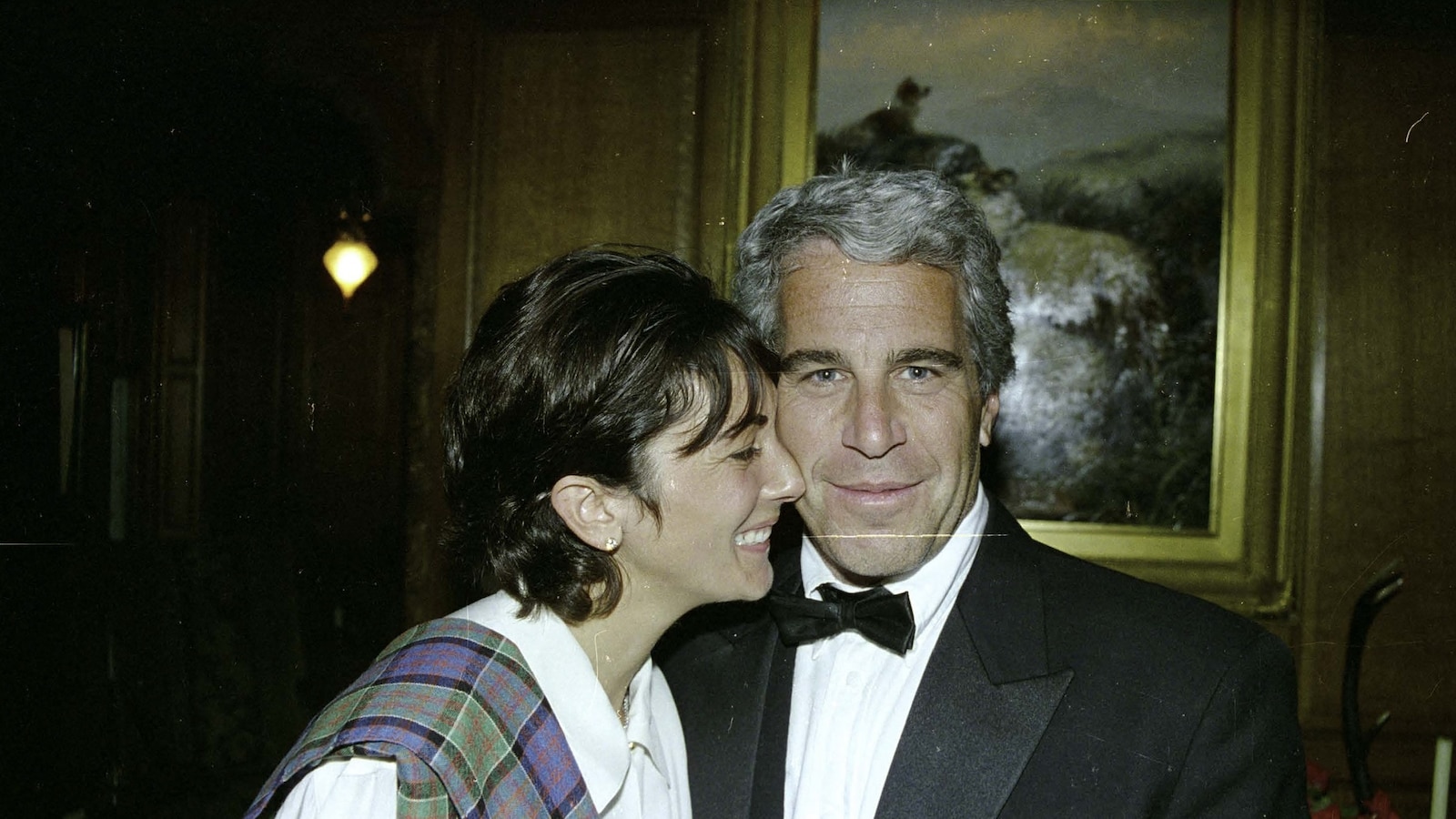
Judge in Epstein case demands more details from DOJ

Justice Department reaches out to Maxwell for meeting
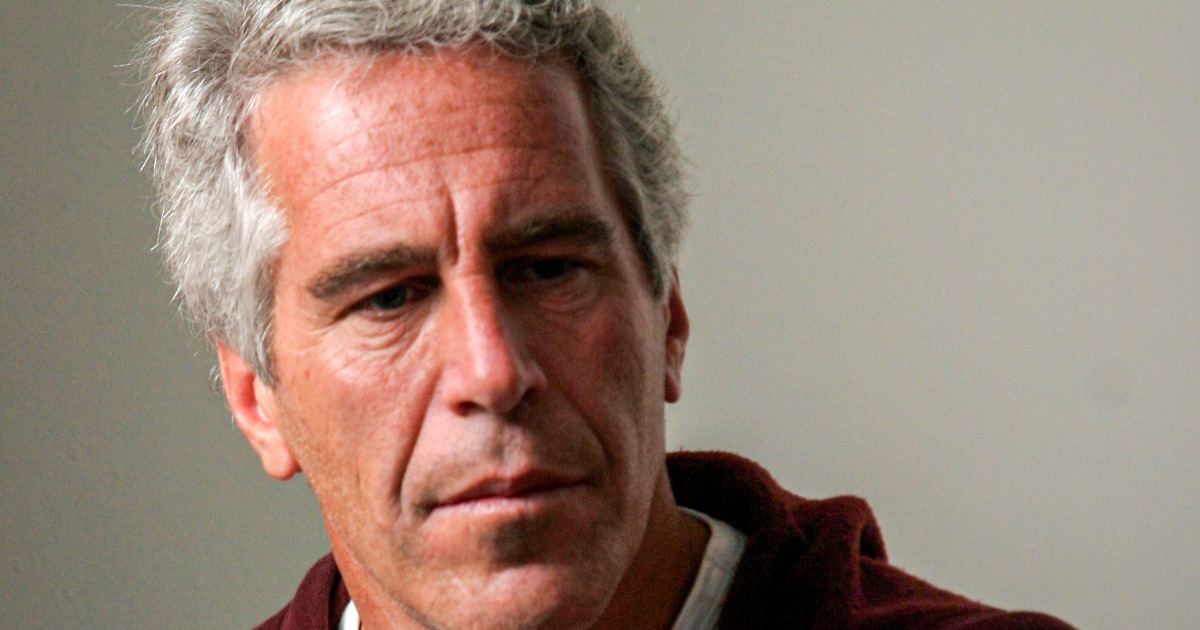
Judge blocks release of Epstein grand jury transcripts
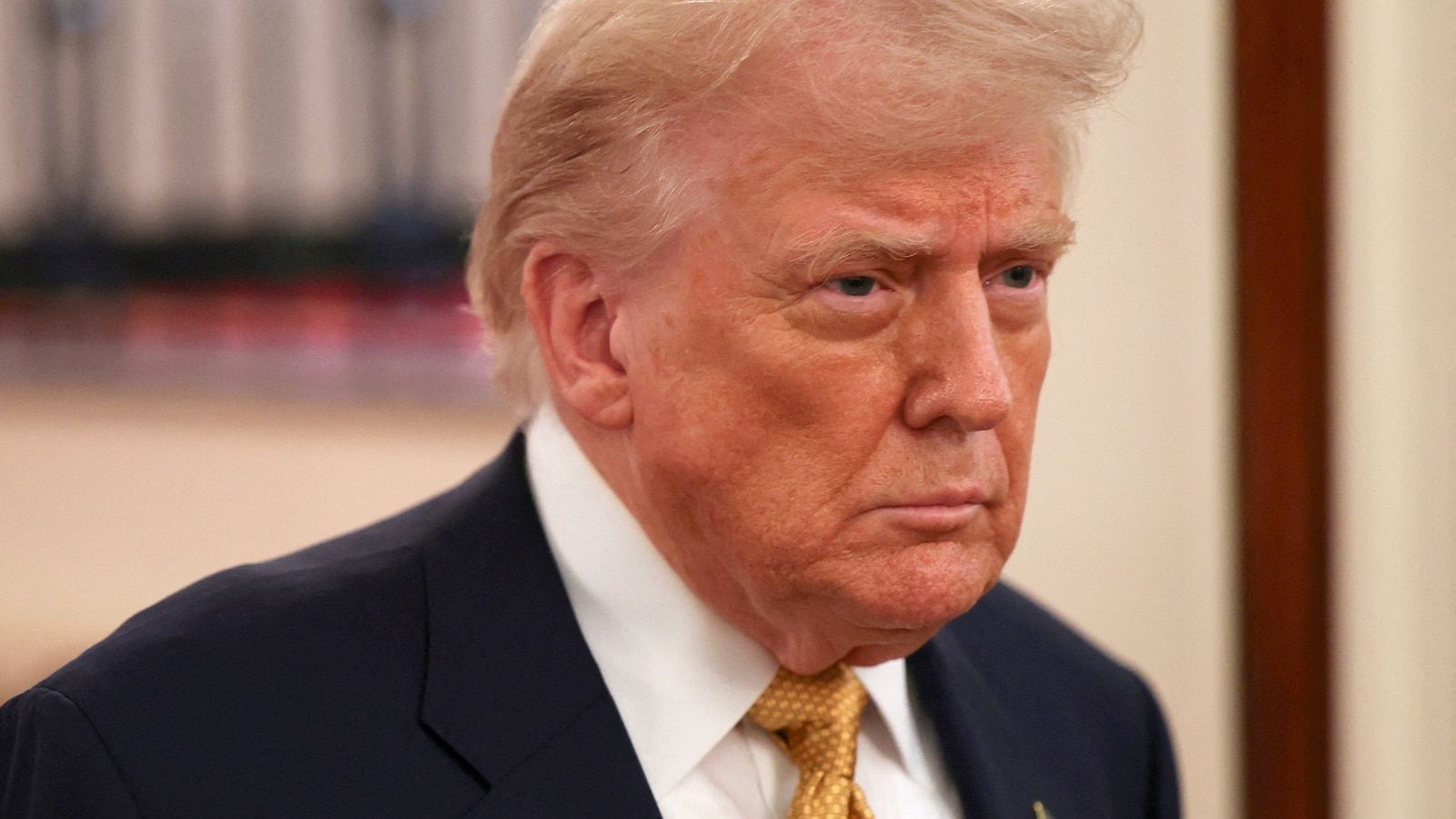
Trump suggests no evidence in Epstein case

Trump sues Wall Street Journal for $10 billion
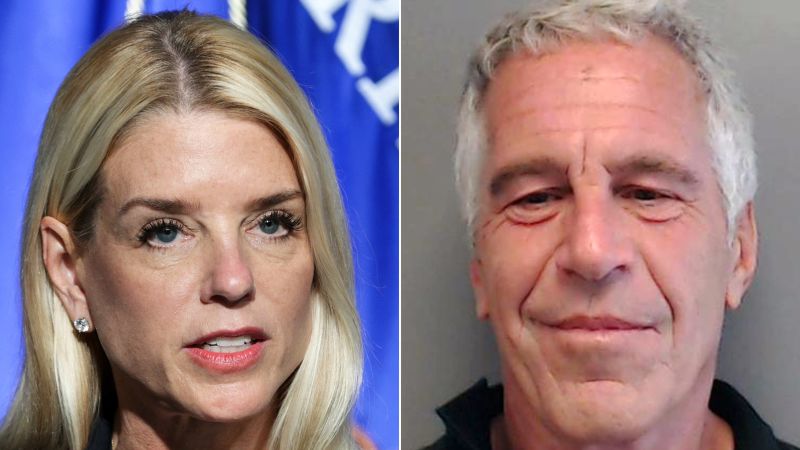
DOJ asks judge to release Epstein grand jury testimony
